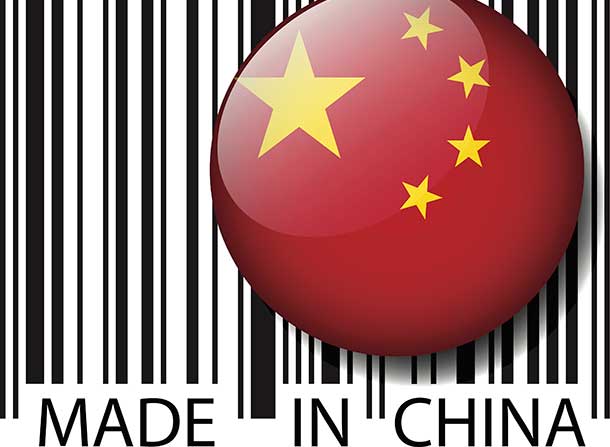THUNDER BAY – TECH – TikTok, the widely popular social media platform owned by Chinese company ByteDance, is currently facing potential shutdown threats in the United States.
The U.S. government’s concerns about national security and data privacy have put TikTok under intense scrutiny, leading to discussions about a possible ban.
Unlike in some countries where TikTok has already been banned, the platform remains operational in the U.S. for now, but its future is uncertain as ByteDance has refused to sell the company.
China’s Growing World Dominance
The Chinese company faces concerns from western democracies over a number of areas. Election interference is one, another is the growing efforts by China to dominate the world’s economy and in particular the world supply of gold.
Economic Impact on Influencers and Businesses
A U.S. shutdown of TikTok could have significant repercussions beyond its user base. Many social media influencers have carved out lucrative careers by creating content for the platform, attracting large followings and substantial income through brand partnerships and advertising.
Businesses, particularly small and medium-sized enterprises, leverage TikTok’s massive reach to connect with customers, making the platform a critical tool for digital marketing strategies.
The potential ban could disrupt this ecosystem, affecting livelihoods and forcing both creators and businesses to seek alternatives.

Canadian Silence: Trudeau’s Stance Amid Social Media Strife
Amid the escalating tension surrounding TikTok in the U.S., Canadian Prime Minister Justin Trudeau has remained notably silent on the issue. This silence is particularly striking given the ongoing conflict between the Canadian government and Meta, formerly known as Facebook. The dispute, which has led to a virtual news shutdown on Facebook, stems from disagreements over compensation for news content. Trudeau’s reluctance to comment on TikTok might reflect a cautious approach to international tech disputes, or it could be indicative of broader negotiations still under wraps.
Broader Implications for Global Social Media Dynamics
The situation with TikTok not only highlights the complexities of global tech governance but also underscores the tension between national security interests and the global nature of digital platforms.
What is really at issue here are the algorithms that decide what you see online. TikTok sets the videos you see.
There is a great deal at stake here, especially in online news. With so many people using social media for their news, and with the situation in Canada with META blocking Canadian news links, the growth of “fake news” and the continued manipulation of news can easily continue.
If you want to see how the algorithm works, try a test, do a search for something that you would never use. Single without children? Search for Pampers. Then watch the shift in the online ads and information that you start to see as you scroll social media.
What is Next?
As countries grapple with these challenges, the outcomes could set precedents for how other tech companies are regulated and operated worldwide. For Thunder Bay and broader Northwestern Ontario, these developments could influence local digital marketing strategies, impact cultural trends shaped by social media, and affect how global news is consumed and discussed.






